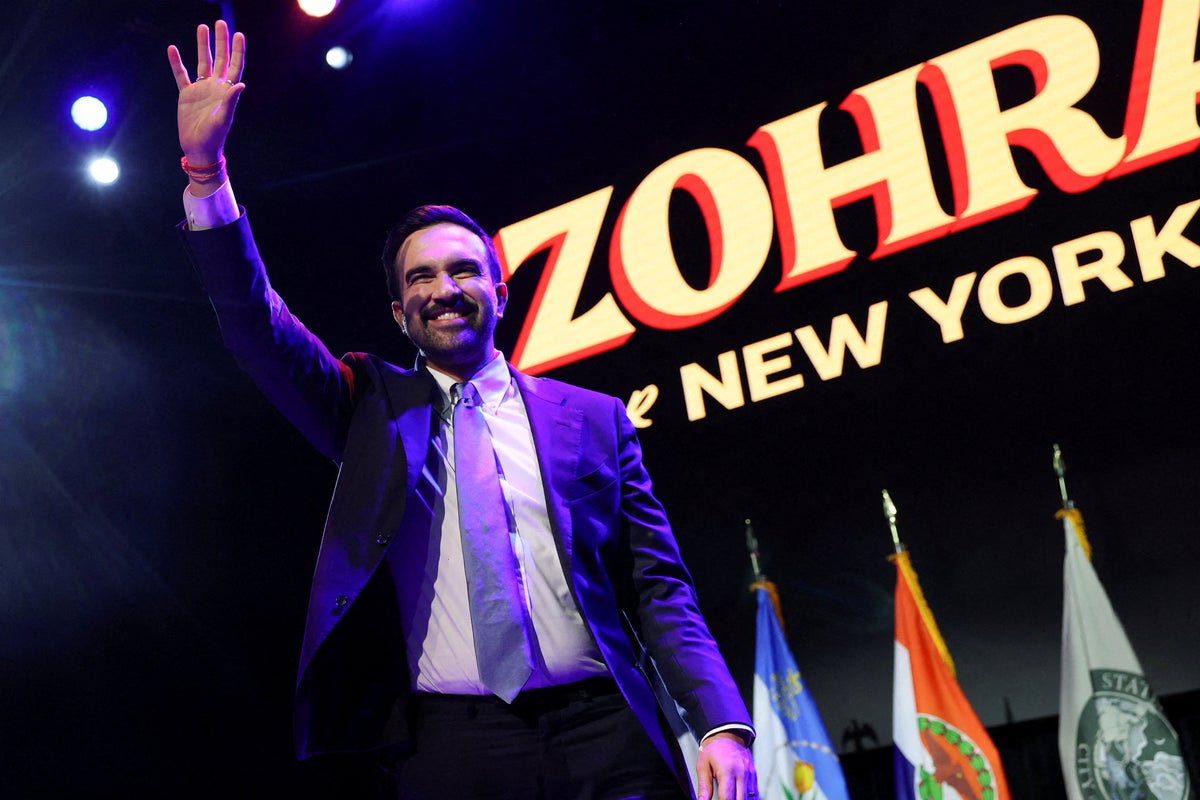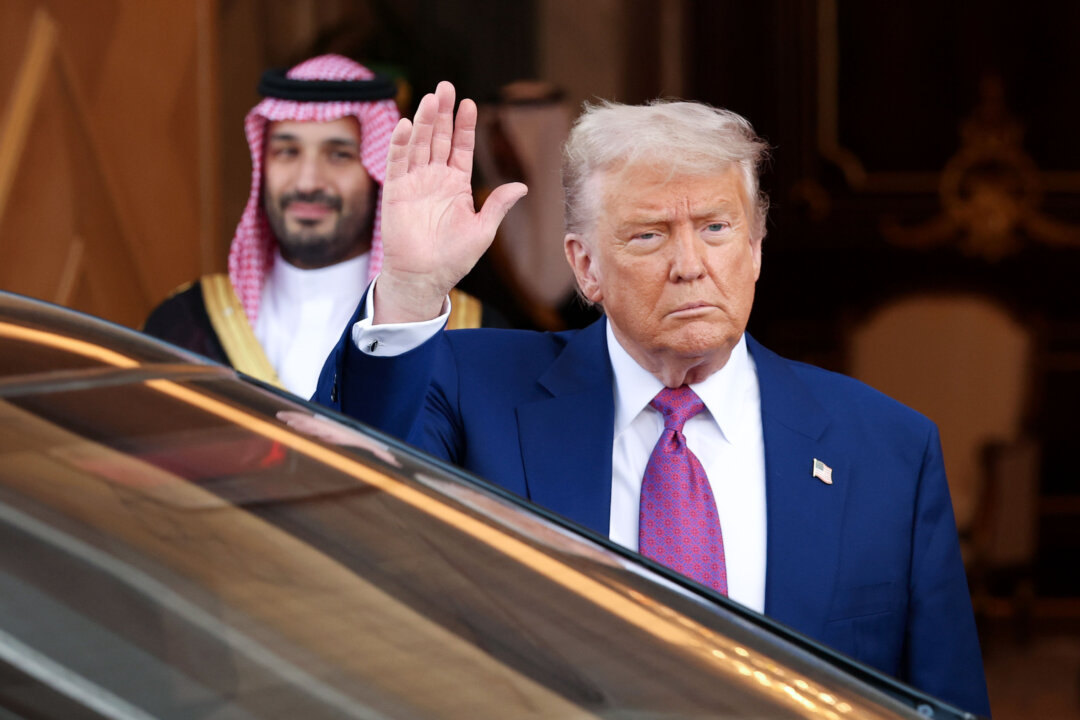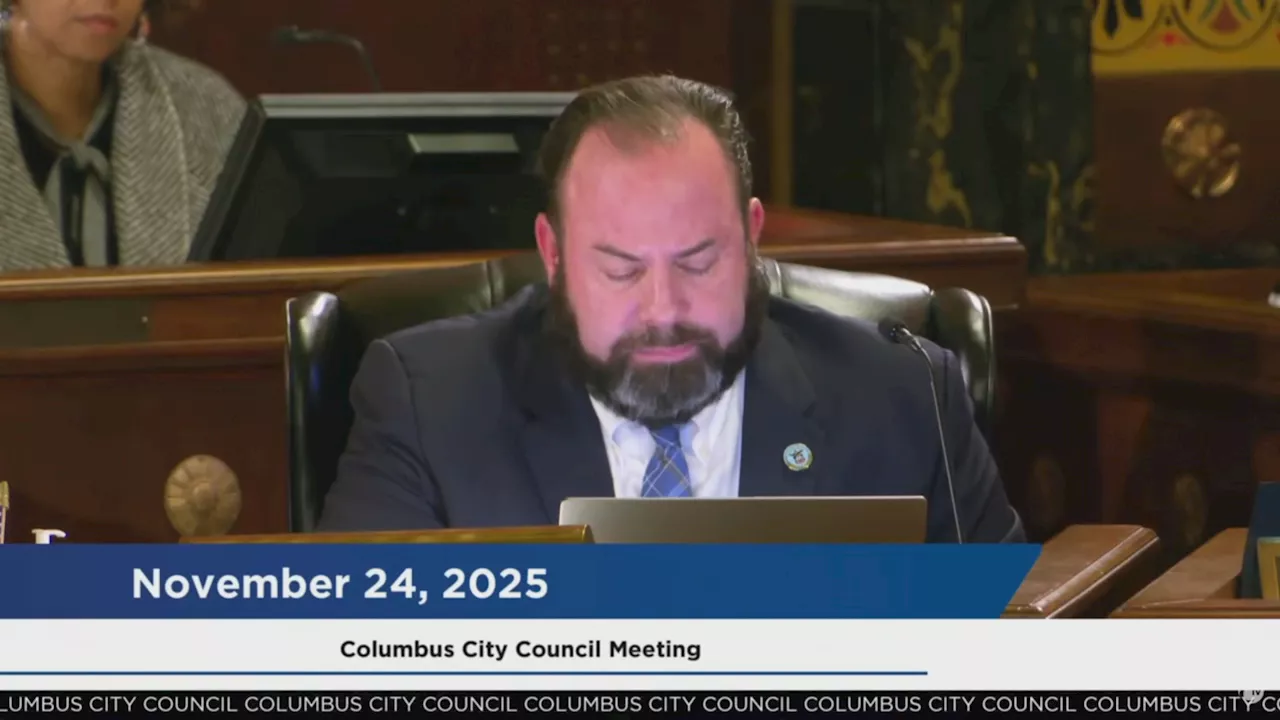Zohran Mamdani has emerged victorious in the New York mayoral election, marking a significant shift in the city’s political landscape. The 34-year-old Democrat, who identifies as a Democratic socialist, secured approximately 50.4 percent of the vote, defeating former Governor Andrew Cuomo, who garnered 41.6 percent, and Republican candidate Curtis Sliwa, who received 7 percent. Mamdani’s campaign gained momentum through grassroots efforts and endorsements from prominent figures like Bernie Sanders and Alexandria Ocasio-Cortez.
In his victory speech, Mamdani declared himself “Donald Trump’s worst nightmare,” emphasizing his intent to challenge the former president’s influence. “If there is any way to terrify a despot, it is by dismantling the very conditions that allowed him to accumulate power,” he stated. This rhetoric sets the stage for a confrontational relationship between Mamdani and Trump, who has frequently criticized New York City.
Mamdani’s victory is notable as he is the first candidate since 1969 to receive over one million votes in a New York mayoral election. His diverse background, being the son of a Columbia University professor and a renowned Indian film director, adds a unique dimension to his leadership. His win signals not only a new era for the city but also a potential shift in national political dynamics, as New York City has a budget of $115 billion and employs around 300,000 people.
Key Political Positions and Ideologies
Mamdani’s political positions reflect a progressive agenda that may put him at odds with Trump and other conservative figures. He has been vocal about his pro-Palestinian activism, asserting that while Israel has a right to exist, it also has a responsibility to uphold international law. During an appearance on CBS’s *The Late Show with Stephen Colbert*, he addressed concerns from New York’s Jewish community regarding rising antisemitism, stating, “Antisemitism is not simply something that we should talk about. It’s something we have to tackle.” He proposed an 800 percent increase in funding for anti-hate crime initiatives, aiming to strengthen protections for vulnerable communities.
Mamdani has faced criticism for his endorsement of the protest slogan “Globalize the Intifada,” which led to backlash from organizations such as the U.S. Holocaust Memorial Museum. Nonetheless, his campaign has resonated with New York’s Hispanic and Latino populations, particularly at a time when Trump’s Immigration and Customs Enforcement (ICE) agents have intensified operations in urban areas. In interviews, he has called ICE “fascist” and criticized Cuomo for his language towards undocumented immigrants, suggesting that the city needs a leader who can effectively oppose federal authoritarianism.
Campaign Promises and Future Plans
Central to Mamdani’s campaign was a focus on making New York City more affordable. He proposed higher taxes for wealthier residents, a rent freeze for over two million low-income residents, an increase in permanent affordable housing, free bus rides, and government-run grocery stores to combat rising costs of living. His vision for social and economic justice was articulated clearly when he stated, “Social justice without economic justice is like clapping with one hand.”
As Mamdani takes office, he will succeed former mayor Eric Adams, whose tenure was marked by challenges related to crime and public safety. Analysts suggest that Mamdani’s leadership could position him as a significant figure in the broader Democratic resistance against Trump’s policies. Philip Elliott of *Time* noted that Mamdani could become “the ringleader of The Resistance,” given his platform and the influence wielded by the mayor of the nation’s largest city.
Mamdani’s campaign strategy and political views may reshape the narrative around progressive governance in urban America. As he prepares to assume his role at City Hall, the implications of his policies and rhetoric will be closely watched, both in New York and across the country.







